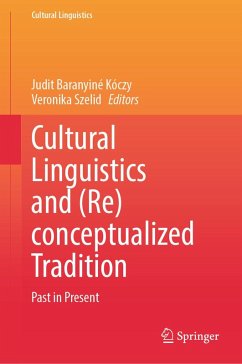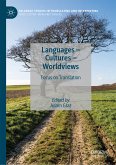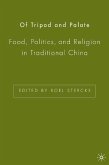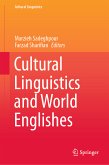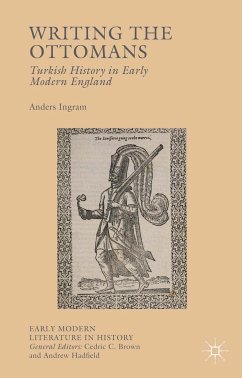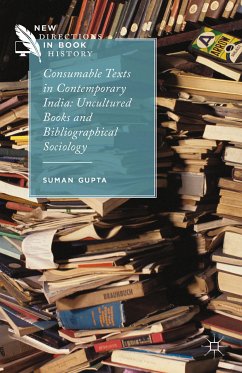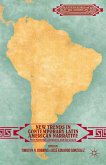This book offers a cutting-edge compilation of studies on (re)conceptualized traditions in a wide variety of discourses such as the language of emotion, folklore, religion and morality, the natural environment, idioms and proverbs. It also raises complex theoretical and methodological questions regarding the cultural-cognitive linguistic approach to metaphors and figurative language, embodiment, diachronic and corpus linguistics, and pragmatics. The languages under scrutiny range from well-documented to minority varieties, and even to endangered languages and dialects. Building from the assertion that cultural conceptualizations are rendered as manifestations of the interplay between language, culture, and the collective cognition of communities as handed down from generation to generation, this edited book discovers and rebuilds traditional cultural cognition. Employing analytical tools provided by the cultural-cognitive linguistic framework, the authors investigate how the field is being revitalized and renegotiated in present-day cultural contexts, and how it contributes to shaping our contemporary understanding of the world. It is useful for academics and students interested in cultural and cognitive linguistics, ethnosemantics, sociolinguistics, pragmatics, applied linguistics, linguistic anthropology, and religious studies.
Chapter 7 is available open access under a Creative Commons Attribution 4.0 International License via link.springer.com.
Chapter 7 is available open access under a Creative Commons Attribution 4.0 International License via link.springer.com.
Dieser Download kann aus rechtlichen Gründen nur mit Rechnungsadresse in A, B, BG, CY, CZ, D, DK, EW, E, FIN, F, GR, HR, H, IRL, I, LT, L, LR, M, NL, PL, P, R, S, SLO, SK ausgeliefert werden.

